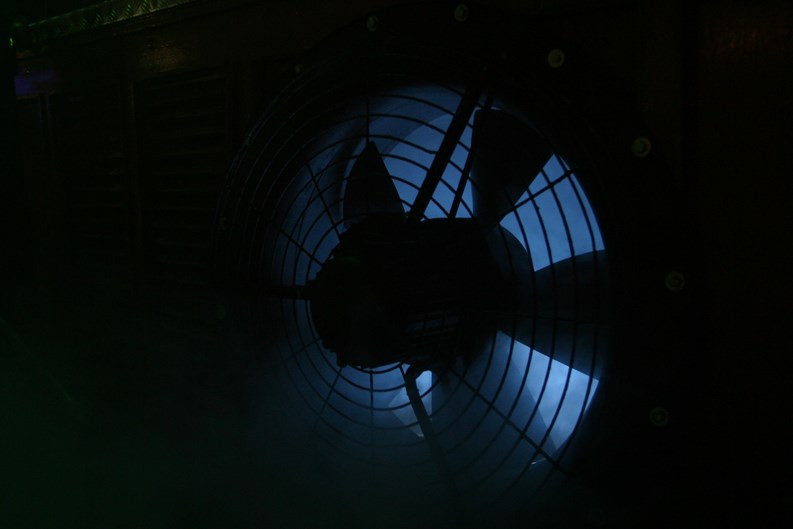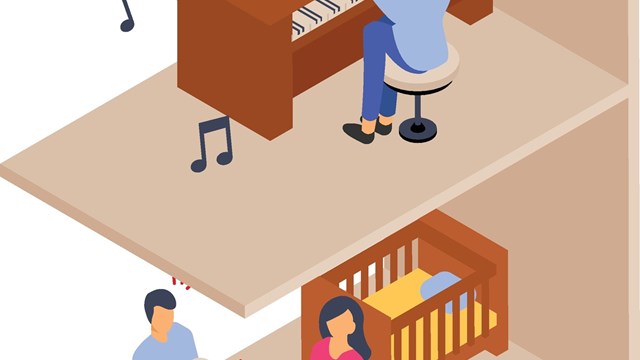Q. Five years ago, my husband and I bought an apartment with a small deck, which is located on top of my building’s parking garage. The prospect of a little outdoor space is what sold us on this place. For about eight months a year, it’s a second living room, and I have worked really hard to make it a beautiful place, investing thousands of dollars in plants and furniture.
The garage recently installed a very loud fan right underneath our deck. It blows car exhaust up into not just our outdoor space, but into our apartment, and is so loud it’s impossible to sleep through. When we’ve made what we feel are reasonable complaints about the situation to our managing agent, rather than addressing the issue, the manager angrily wondered how I got his phone number (which I called during business hours). The board president also castigated me for phoning him. What recourse do we have here?
—Pleading for Serenity
A. “New York law imposes an ‘implied warranty of habitability’ on every residential lease, and is a statute which even cooperative boards are obliged to follow,” notes Lucas A. Ferrara, an adjunct professor at New York Law School, and a partner at Newman Ferrara LLP, a Manhattan law firm.
“If an apartment cannot be used for its intended purposes, as a result of health or safety hazards, a board may be found in violation of that statutory protection. Further, the shareholders can file common law ‘nuisance’ and ‘constructive eviction’ claims, alleging a wrongful interference with the use and enjoyment of their property. Any lawsuit would seek, among other things, a maintenance reduction, or ‘abatement,’ together with an order requiring the eradication of the disturbances in question.
“Before pulling the trigger on litigation however, shareholders should always use their best efforts to resolve any dispute amicably, outside of court, to avoid spending significant sums on legal fees and related costs. Thousands of dollars would be expended on expert fees alone, as that independent analysis would be needed to determine whether or not the noise levels exceed legally permissible limits and/or whether the existing conditions pose a health or safety threat to the building’s occupants.
“Even after that substantial investment, there can be no guarantee the shareholders will prevail in court. A judge would need to find that the board violated the law, acted unreasonably, or otherwise abrogated its fiduciary responsibilities.
“Ultimately, considering the risks and costs, and particularly given the hostility and aggravation that a lawsuit against neighbors engenders, it might be best for these shareholders to put their unit up for sale and find another (quieter and safer) place to call home. If that is not a viable option, an attorney will review the most cost-effective manner in which to proceed.”n










Comments
Leave a Comment